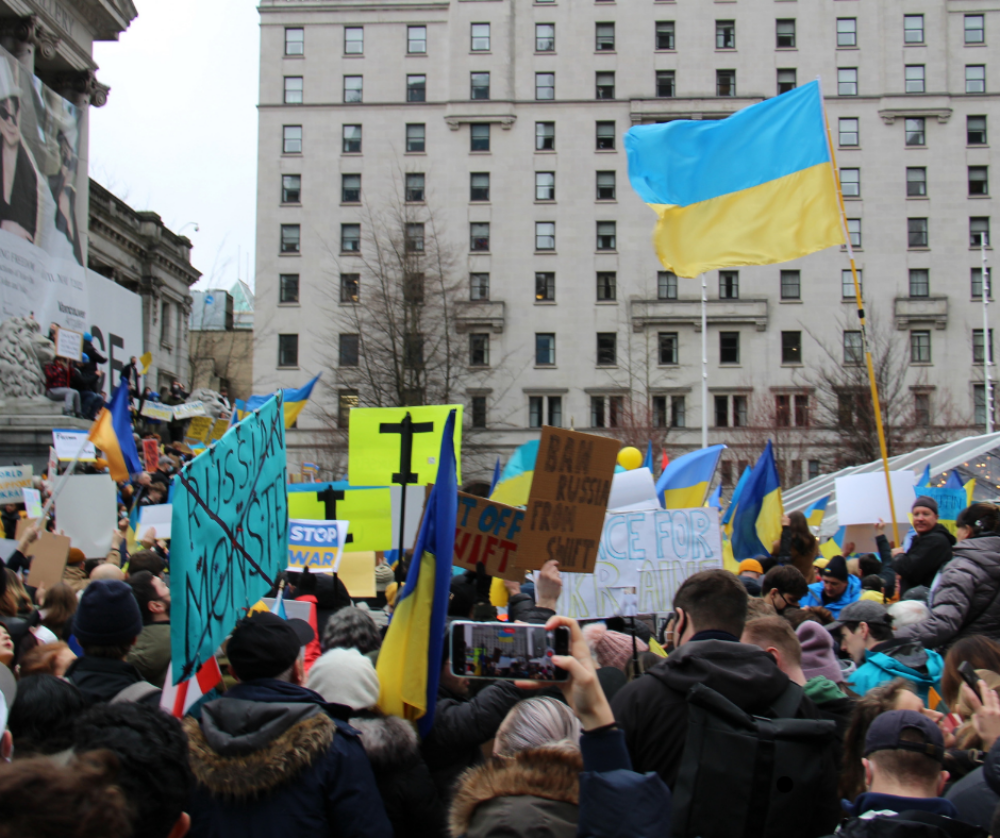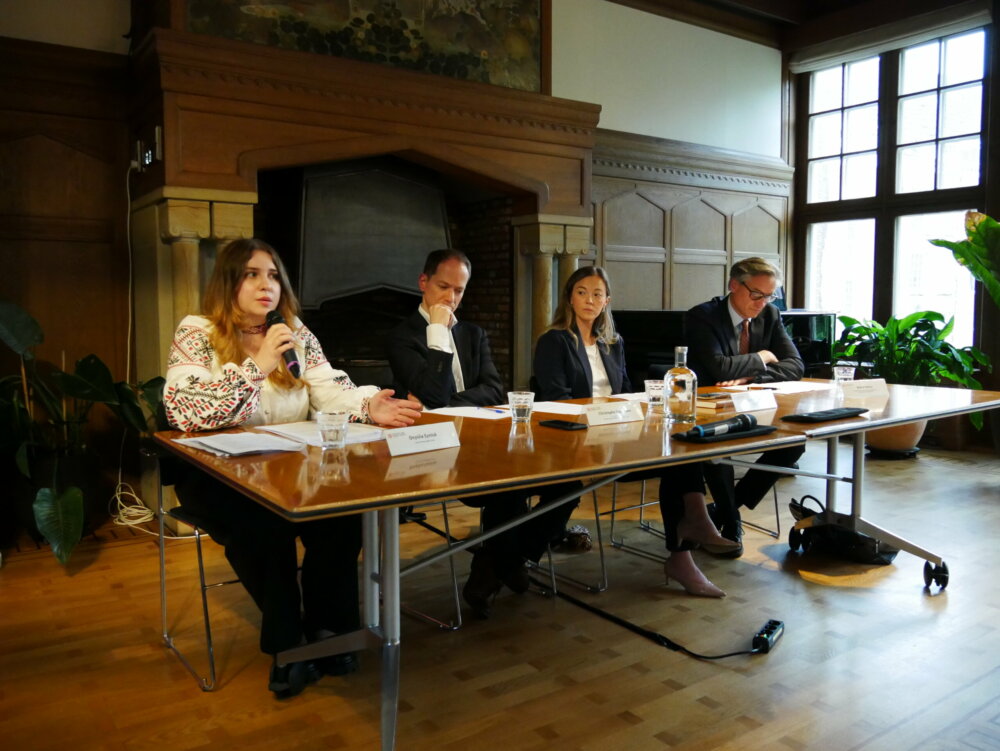Opportunities and challenges lie ahead as Ukraine takes helm of the OSCE
When the recently appointed Ukrainian Foreign Minister Leonid Kozhara addressed the OSCE Permanent Council (PC) in Vienna on 17 January in his capacity as OSCE Chairman-in-Office, the ensuing debate reflected some of the opportunities and challenges that will have to be addressed by the Ukrainian Chairmanship.
Outlining Ukraine’s OSCE Chairmanship priorities for 2013, Minister Kozhara placed special emphasis on finding political solutions to the protracted conflicts by “re-energizing existing negotiating formats.” They include negotiations on the Transdniestrian settlement, the Geneva discussions on the conflict in Georgia and talks on Nagorno-Karabakh led by the OSCE Minsk Group Co-Chairs.
At the Dublin Ministerial Council (MC), participating States showed unanimous support for the negotiations on the Transdniestrian Settlement Process in the 5+2 format and repeated this at the PC on 17 January. The Transdniestrian settlement is of particular importance to Ukraine, given the country’s role as a state-guarantor, co-mediator in the 5+2 format, and neighbor to Moldova. It is therefore not surprising that one of Minister Kozhara’s first official visits as Chairman-in-Office has been to Moldova. It is worth noting that this is the first time one of the mediators has also held the Chairmanship. Will this give Ukraine extra leverage, or call into question its impartiality? Hopefully it can build on the momentum that has been generated over the past two years.
In his address to the PC Minister Kozhara welcomed the Dublin MC decision on the Helsinki +40 process, in which participating States pledged to work together in a result-oriented manner on key issues leading up to 2015. In this context, he announced the establishment of an open-ended informal Working Group in order to drive the process forward.
Furthermore, Minister Kozhara underlined the importance of strengthening arms control mechanisms and Confidence- and Security-Building Measures in order to maintain peace and security. He also pledged to work on countering transnational threats (TNT), such as terrorism, organized crime and trafficking in human beings, weapons and drugs. In this regard, the Ukrainian Chairmanship will organize thematic events on countering terrorism and fighting illicit drugs in the first half of 2013.
In the economic and environmental dimension, Ukraine will focus on environmental aspects of energy security. However, Ukraine has to take a balanced approach with regard to its focus on energy security, given Kyiv’s own unresolved gas dispute with Russia.
One major challenge and area of concern are the diverging views with regard to the human dimension. In Dublin, for the second year in a row, Ministers failed to reach consensus on any decisions in the human dimension. The United States, supported by its western partners, continues to stress that “full implementation by all participating States of all commitments in the human dimension must be a top priority.” The Russian Federation, supported by a group of ex-Soviet States, prefers to focus on first and second dimension issues. Within the human dimension it wants to focus on topics such as combating trafficking in human beings, tolerance issues, abolition of visas and defining new regulations for election observation. Ukraine is taking a pragmatic approach and has again put forward media freedom as a top priority, an area where consensus was almost reached in Dublin. This profound disagreement on the human dimension also has ramifications on the Helsinki +40 process, which will only be successful should this divide ever be overcome. A significant amount of political will as well as favorable political conditions are necessary for this to happen.
Another major challenge is the fact that the OSCE has entered the year 2013 without an adopted budget. The Ukrainian Chairmanship will have to make extra efforts to promote reconciliation and to try and act as a ‘bridge’ between the two sides.
Finally, it will be interesting to see how Ukraine will handle its own human rights situation. Kyiv has come under criticism in the past (also from the OSCE) for its human rights record, including the prosecution and continuing incarceration of former Prime Minister Yuliya Tymoshenko as well as its parliamentary elections in October 2012. Ukraine can use its OSCE Chairmanship as an opportunity to prove to its international partners that it is serious about the implementation of human dimension commitments. Otherwise, its image will be tarnished and the credibility of the OSCE will once more be undermined.
To read the full address by Leonid Kozhara to the Permanent Council, click here.



Comments
* Your email address will not be published